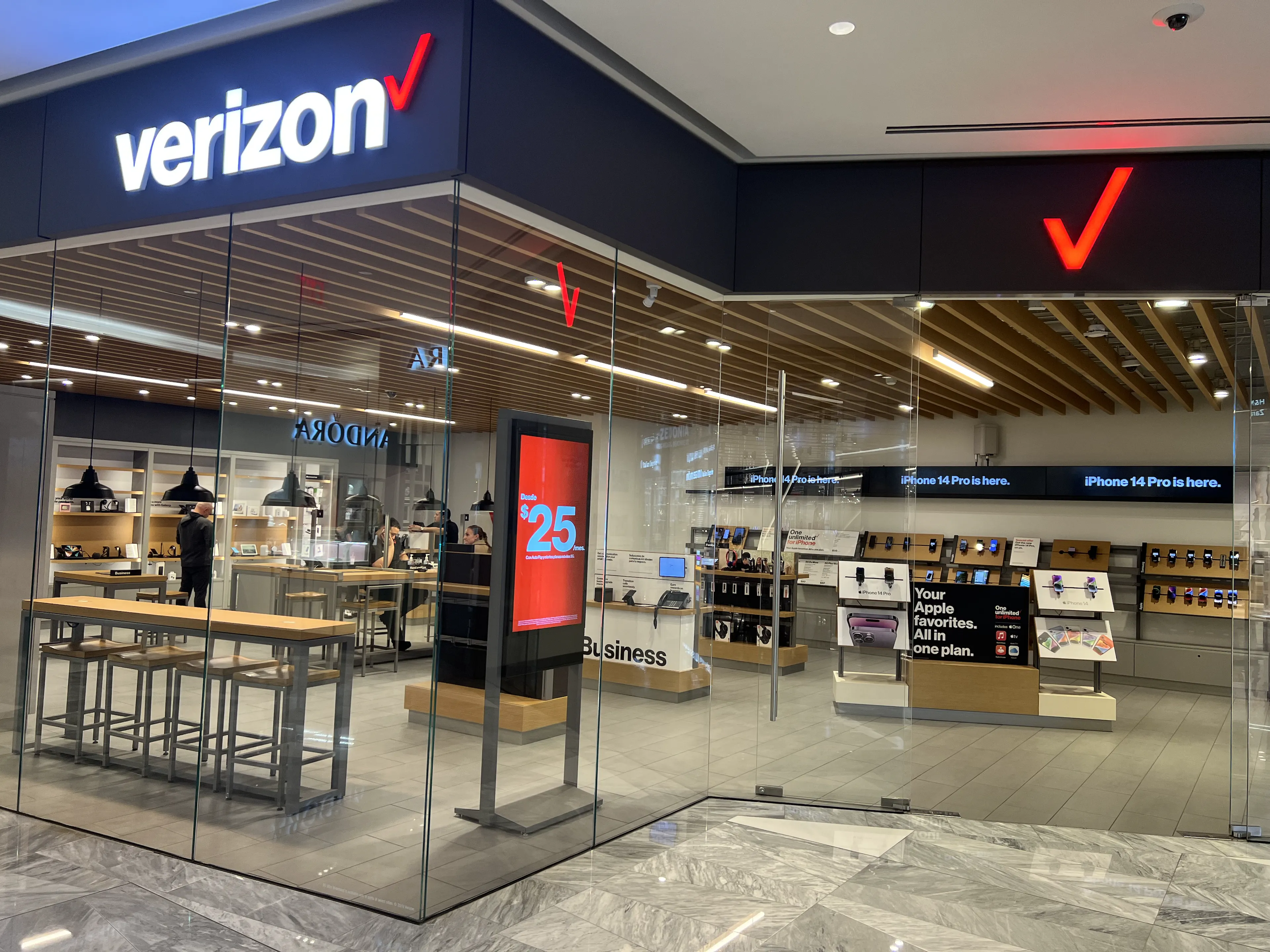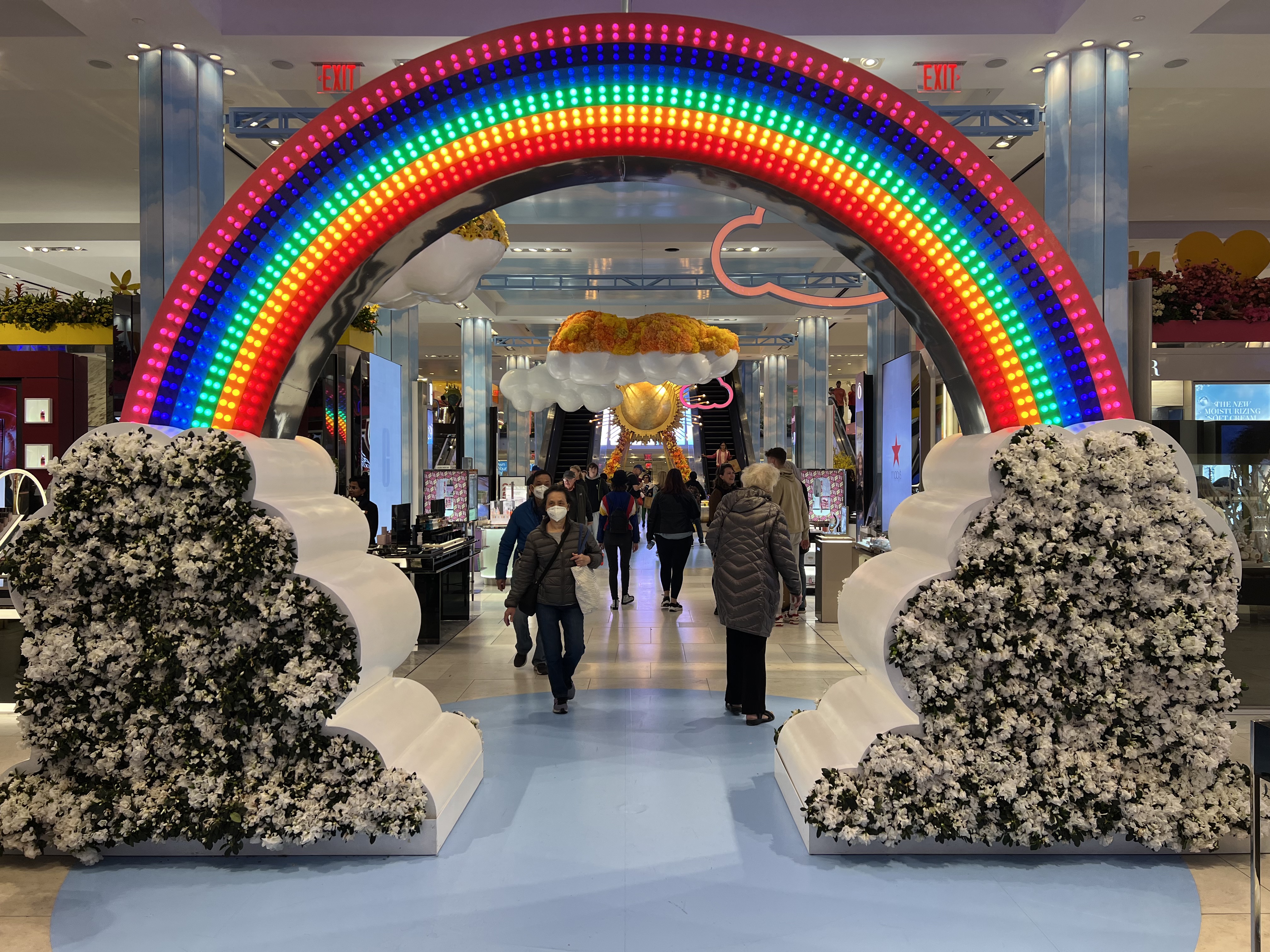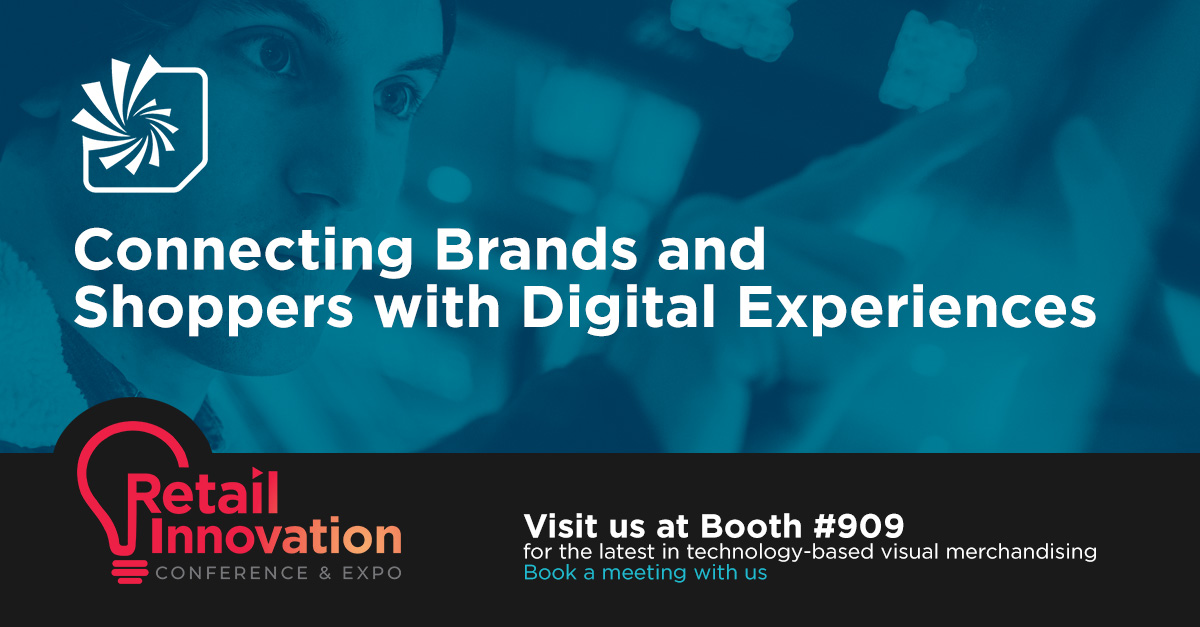Digital Signage by the Numbers: The Impact of Customer Service on Store Traffic
Providing an excellent customer experience doesn't start (or end) when a shopper steps up to the checkout. These days, 87% of shoppers start their search online with product research and reviews, long before the shopper appears in your store. While shoppers may locate the item they want online, though, there's nothing like seeing it in person and being attended to by a friendly, attentive and knowledgeable salesperson. In fact, despite the growth of e-commerce, nearly half of all shoppers—46 percent—still prefer making their purchases in person.
Online convenience (and sometimes pricing) isn't always the deciding factor. In-store shopping gives customers a chance to experience a product first-hand, to confirm its “feel” and quality. Then, having their new purchase in-hand provides immediate gratification—something online shopping simply cannot do.
Which physical retail store they choose to visit, however, is often as much about the experience as the product. We write a lot about how digital signage can help provide brick-and-mortar shoppers with a more engaging, personalized customer experience. But the other half of a stellar customer experience is customer service—and that starts and ends with the level of employee engagement of the retailer's staff. Let's take a look at just how big an impact customer service can have on the store's traffic—and how in-store digital signage can boost that impact even more.
By the numbers: Some sobering statistics
Having a product in stock does not mean a shopper will select your store, even if you happen to be the closest and most convenient one. Your reputation for customer service can often precede you, helping customers decide whether to pull in or pass on by. They may heed online reviews, advice of family and friends, or simply their own personal experiences with your store to make that choice.
Just how big a punch can providing excellent customer service pack, as opposed to mediocre or even downright bad support? Consider that:
In retail fashion, a positive interaction with store personnel boosts customer satisfaction by 73 percent. Customer satisfaction is perhaps the best measure of the overall quality of a customer's experience.
- Customers that feel understood, appreciated, and valuable will pay up to a 16% price premium on products and services. Plus, their brand loyalty increases, meaning more future traffic for your store.
- Almost 80 percent of U.S. consumers consider not just speed and convenience but also knowledgeable help and friendly service as the most important elements of a customer experience.
- Yet only 38 percent feel that the store employees and sales associates they encounter understand their needs.
- 32 percent of customers would stop doing business with a brand they love after a single bad experience. Almost twice that number would abandon the store or brand altogether after more than one such experience.
- Americans will abandon their purchase after waiting on a slow, inattentive or ambivalent attendant in a checkout line after only eight minutes—and 77 percent are less likely to return to that store. A "bad experience" needn't be something as extreme as not getting what they want.
These numbers make it clear that a positive customer experience drives future store traffic and revenue up, but a poor experience can drive traffic down even faster. It is the level of employee engagement in your staff that largely determines the type of customer service experience your store delivers.
Without employee engagement, customer services falters—but in-store digital signage can help
Here are a few more numbers, this time around employee engagement. On a positive note, a Gallup poll last year showed employee engagement in the U.S. to be at a record high. That's great news for retailers that compete based on the service they provide customers. The higher the engagement, the better the customer service—and the higher the traffic, too.
However, that "all-time high" was a mere 35 percent. Just think how much better your customer service could be if the other 65 percent of your employees felt engaged, appreciated, and taken care of. Worse, think of how many customers might have abandoned your store after a poor experience with your staff—or simply decided to shop somewhere else because someone they knew had a less-than-stellar experience?
Employees disengage for numerous reasons, from poor communications to feeling they aren't part of the team, from lack of recognition of their contributions to lack of training—just to name a few. Because a retail environment is by nature "desk-less," the usual methods other corporations use to communicate information and conduct training—such as email, desktop applications, and other online channels—don't work. It falls on busy department managers to bridge this gap, which unfortunately means these activities doesn't happen consistently across every team and sometimes not at all.
Despite the challenges, though, retailers can leverage tools like in-store digital displays to boost employee engagement across the board—and therefore motivate their staffs to deliver excellent customer service again. We'd love to share our new eBook that explains how to use digital signage in retail stores to improve employee communications, training and other key activities that are essential to boosting employee engagement, customer service levels, and as a result, store traffic. Download it now!
Share this
You May Also Like
These Related Stories

Digital Signage by the Numbers: The Connection Between Employee Training and Customer Experience

Why Retail Media Networks are the Future for Stores


